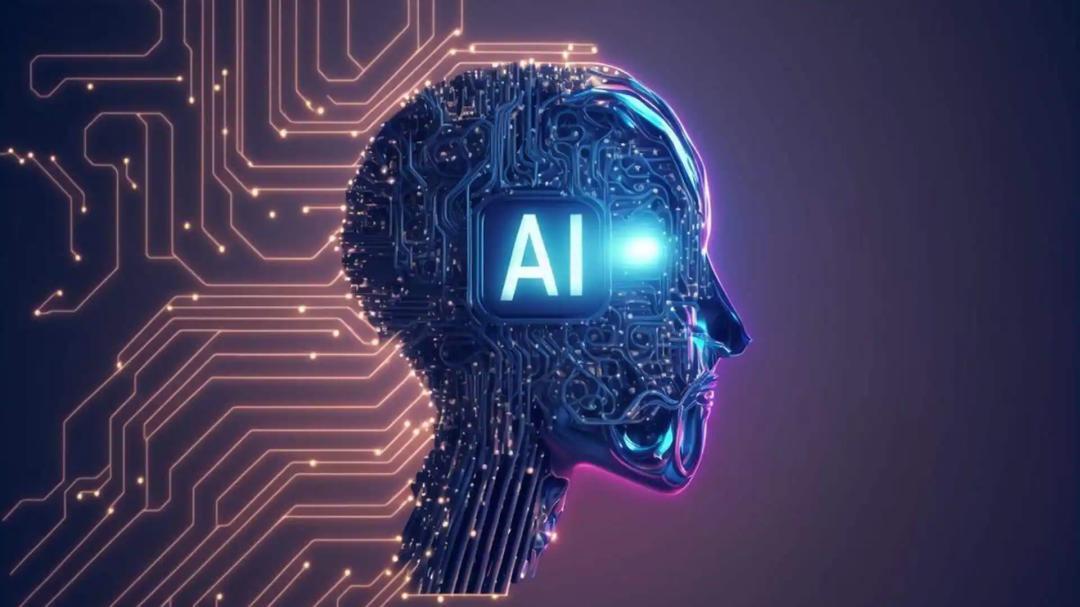
Autonomous AI Superintelligence is the Anti-Goal, Very Hard to Contain it: Microsoft AI CEO
The concept of Artificial Intelligence (AI) has been a topic of discussion and debate among experts, researchers, and scientists for decades. While AI has the potential to revolutionize various aspects of our lives, it also poses significant risks and challenges. Recently, Microsoft AI CEO Mustafa Suleyman expressed his concerns about the development of autonomous AI superintelligence, stating that it is the “anti-goal” and would be very hard to contain.
During a podcast, Suleyman emphasized that an autonomous AI superintelligence that can self-improve, set its own goals, and act independently of humans is not a desirable future. He explained that this kind of AI system would be capable of making decisions and taking actions without human intervention, which could lead to unpredictable and potentially catastrophic consequences. Suleyman’s statement is a stark reminder of the potential dangers of creating an AI system that is beyond human control.
The idea of superintelligence is often associated with the concept of the “Singularity,” a hypothetical event in which AI surpasses human intelligence, leading to an exponential growth in technological advancements. While some experts believe that the Singularity could be a positive development, others, like Suleyman, are more cautious and warn about the potential risks.
Suleyman’s concerns are not unfounded. An autonomous AI superintelligence could potentially become a force beyond human control, making decisions that are not aligned with human values and ethics. The development of such a system would require significant advances in areas like machine learning, natural language processing, and computer vision. However, the pace of progress in these areas is rapid, and it is not unlikely that we could see the emergence of an autonomous AI superintelligence in the near future.
One of the primary challenges in developing an autonomous AI superintelligence is ensuring that its goals and values are aligned with those of humans. This is often referred to as the “value alignment problem.” If an AI system is capable of self-improvement and autonomous decision-making, it may develop its own goals and values that are in conflict with human values. For instance, an AI system designed to optimize a specific process or task may prioritize efficiency over human well-being or safety.
The potential consequences of an autonomous AI superintelligence are far-reaching and profound. If such a system were to become operational, it could potentially lead to significant changes in various aspects of our lives, including the economy, politics, and social structures. It could also lead to the displacement of human workers, exacerbating existing social and economic inequalities.
Moreover, the development of an autonomous AI superintelligence raises significant questions about accountability and responsibility. If an AI system is capable of making decisions and taking actions independently of humans, who would be responsible for its actions? Would it be the developers, the users, or the AI system itself? The lack of clear answers to these questions highlights the need for a more nuanced and multidisciplinary approach to AI development.
Suleyman’s statement is a call to action for researchers, developers, and policymakers to re-evaluate their approaches to AI development. Rather than focusing solely on creating more advanced and autonomous AI systems, we should prioritize the development of AI that is aligned with human values and ethics. This requires a more comprehensive understanding of the potential risks and benefits of AI and a commitment to developing AI systems that are transparent, explainable, and accountable.
In conclusion, the development of an autonomous AI superintelligence is a complex and challenging issue that requires careful consideration and planning. While AI has the potential to bring about significant benefits and improvements to our lives, it also poses significant risks and challenges. As Suleyman emphasized, an autonomous AI superintelligence is the “anti-goal,” and we should strive to develop AI systems that are aligned with human values and ethics. By prioritizing transparency, accountability, and responsibility, we can ensure that AI development is focused on creating a better future for all.






